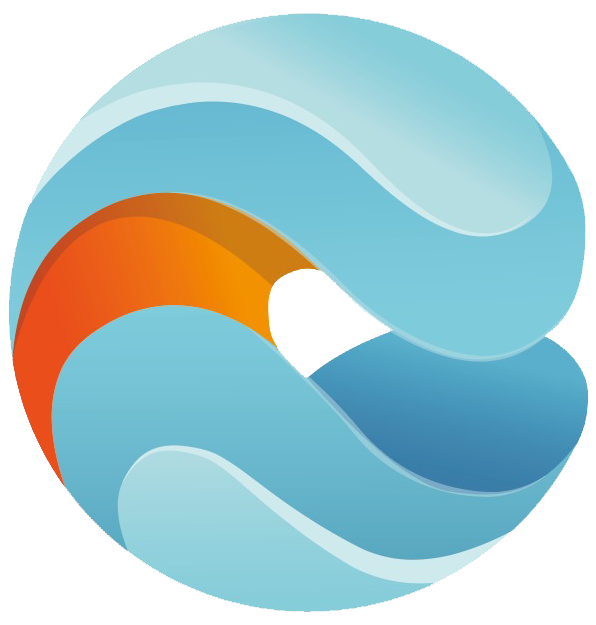Accessing and using digital information has become part of our daily lives. Around 4 billion people globally have Internet access and use it regularly. As a result, digital communication is incredibly important. In this new article, we’ll answer to the question “what is digital communication” and we talk about its main features.
What is digital communication?
Digital communication definition: This concept, also known as data communication or data transmission, is the transfer of data or information using digital signals over a point-to-point (P2P) channel. A P2P connection is a mode of communication between two communication endpoints.
Communicating digitally is a communication technique in which thoughts, data or information are digitally encoded as discreet signals. These signals are electronically transferred to the recipients.
This means transferring data, either by digitised analogue signal or digital bitstream, over point-to-point or point-to-multipoint communication channels. These channels can be made up of many types. For example, there are storage channels, fibre optics, computer buses, wireless communication channels, etc.
Information or data is represented as an electromagnetic signal, such as microwaves, electrical voltage, infrared and airwaves.
Everyone, and all modern businesses, institutions and organisations depend on this system to communicate between themselves. In this case, the source of information tends to come from a computer keyboard or mobile device and flows or is transferred digitally.
Only one person is needed to operate this system. Therefore, this mode of communication reduces manpower and is the cheapest way of communicating to date.
Features of digital communication
These are some of the freatures of digital communication:
- The main feature of digital communication is that you can choose when and with whom you want to communicate, including someone who’s in another part of the world. What’s more, wherever the other person is, the message is transmitted instantly. This speed is good but can also be bad at the same time. Messages travel quickly, but sometimes you write things that you later might regret.
- Another feature is that with digital communication, verbal communication takes precedence over non-verbal. Likewise, contact is often brief, replacing the longer, more meaningful contact that being face-to-face brings. Communication through a digital device is often limited to a screen and a speakerphone. As a result, limited information is transmitted, which can sometimes be misinterpreted. You often have to encode and decode text, abbreviations and emojis.
- Only video chats and teleconferences allow gestures, body language and tone of voice to be interpreted, as if they were face-to-face conversations. But there are still limitations, as this is very far removed from real human contact.
More features of digital communication
- Digital data can be copied, modified or even reissued. Every message you write, every friend you add, every comment or photo you share is encoded in digital data and stored on the server of the service you use, such as Facebook or LINE. This is a big challenge for everyone who communicates digitally.
- With digital communication, you can be in contact with people who have similar interests, whom otherwise you would never get to know. It’s a way of socialising and discovering new ideas at the same time. For example, you can join a social media group where people share your passion and, by commenting on posts and photos, by sending messages etc, you can get to know new people.
- Another feature of digital communication is that it doesn’t cost very much. Social media and calling via the Internet are free. The fact that messages don’t need printing on paper because they can be stored on an electronic device for a long time means you can even save money. Books can also be electronically downloaded, so you don’t need a printed copy. Consequently, on a global level this contributes to cutting down fewer trees to make paper.
- The final feature is that most of your personal ID and information can be stored on your own device. This has both positive and negative implications. You need to be much more careful not to lose your mobile or have it stolen. But at the same time, it’s very convenient. For example, you can pay for things with your mobile, and keep passwords or access verification linked to the device, etc.
Examples of digital communication
These are some exambles of digital communocation:
- Email.
- Websites.
- Blogs.
- Social media.
- Live chat.
- Chatbots.
- Video chat.
- Web calling.
Epitech and digital communication:
Now you know what digital communication is and what its main features are. As you’ve seen, digital communication is incredibly important nowadays; it’s used all the time and as pervasive as it is, it can open lots of doors to you professionally.
At Epitech we have several courses and programmes related to digital communication and computer science. In particular, we offer a Master’s in Digital Management which teaches the various concepts, techniques, tools, etc of digital communication.
For example, you learn about strategy, where we help you to develop a systemic and long-term vision, as well as critical thinking. You’ll also learn about future technological and digital trends, which will help you know how to manage international projects and teams. On finishing the course, you will have a qualification that’s officially recognised by the EU, which will make you an expert in information technology management.
If you have any questions, want more information or need to talk to us about anything, don’t hesitate to get in touchwith us. We’ll be delighted to help!


